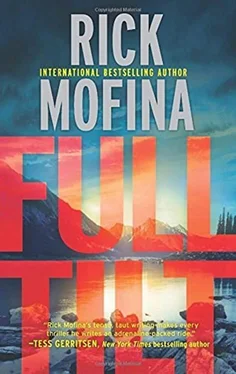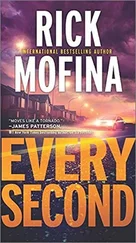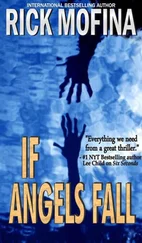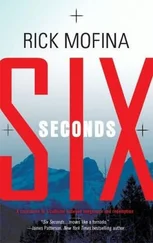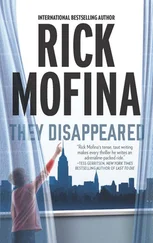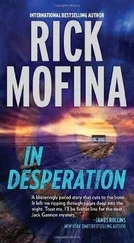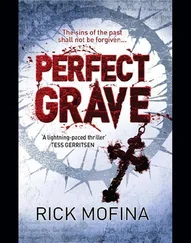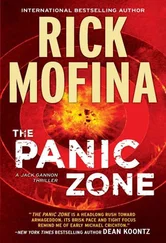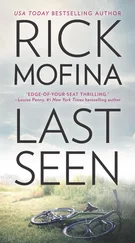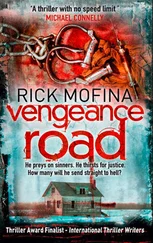“Don’t worry. Not much longer,” he said aloud.
That incident with Tonya was the catalyst that had put him on the path of what was truly his life’s work as a collector. First, he earned scholarships to college and studied computer design. That didn’t last long before he drifted across the country trying this and trying that, before jumping from one computer job to another. During this time, he grappled with his animosity toward his mother, growing distant and out of touch. Only she knew where he was-he’d allow her that much-but he rarely responded to her letters or calls.
Perhaps out of guilt, but more out of curiosity, he monitored the online editions of the Chicago newspapers. He was living in Denver when he saw his mother’s death notice in the Chicago Tribune .
His mother’s church had placed the notice.
He contacted the church, then returned to Chicago to quietly arrange for her funeral. But he couldn’t bear to attend. Instead, he’d watched from a distance as they buried her, along with his past.
After her death he returned to Colorado and began severing all ties with his mother and the family name. She had no estate. She had nothing. He ignored or tossed into the trash any records or correspondence linking him to Chicago and the Zurrn name.
At this time he used his expertise to take on a new identity.
He was reborn and started a new life, off the grid.
He was invisible.
Still, he longed for the only joy he’d known through his collection. And he recalled how much he had enjoyed Tonya’s anguish. That’s when his metamorphosis happened. He was traveling when he was seized with a compulsion to start a new collection, a special one that rivaled anything the world had known.
He was nervous and made tiny errors in the early days when he captured his first specimen.
But it was a success.
A work of art.
He cherished it because he owned it.
Over the years he acquired other pretty specimens, enhancing his collection. He became expert at finding them, hunting them and keeping them for as long as he wanted. Each new capture enthralled him, so much so that he would press himself against their cell to feel the panic in their hearts beat against him. Oh, how he loved it.
Flutterings in the kill jar.
Most specimens were cooperative and loyal, but some would fall ill, harm themselves or try to escape. Escape was treasonous-it meant disloyalty. It was a wish to abandon him, like his father abandoned him; to break a promise and walk away from parental responsibility.
It meant that over the years it was necessary to discard and replace them. It broke his heart, but that’s how it was. The posters of the missing online, with terms such as “last seen,” and “disappeared without a trace” stood as testament to his refined skills as a collector.
My glory.
And no one ever knew.
Yes, other enthusiasts would occasionally surface in the news but only because they’d failed. Some across the country and around the world had kept their work going for years, as well, but they were defeated because of mistakes.
Never let a specimen escape.
True, Rampart didn’t go according to Zurrn’s plan. He’d intended for the case to be closed with the death of “Carl Nelson.” Sure, he could’ve ended things in the house rather than the barn. But the fire and staging of the specimen were stylistic touches he couldn’t resist. Still, the discovery by police wasn’t a setback.
It was a challenge.
Maybe I’ll go public like the Zodiac and the Ripper.
Zurrn would carry on creating his new garden paradise. But he’d have to make further adjustments along the way. At this moment, he was grappling with keeping the last of his remaining specimens. For years his plan was to start over with all new prospects to capture. But he’d grown partial to some of his specimens and decided to keep them.
And now, with the situation brewing in Rampart and all that business with that reporter, he realized that this was a game changer. This was his chance to showcase his mastery to the world. And the only way to do it was to sacrifice his treasures.
It had to be done. He was at war.
Time to get started.
He brought the van to a stop on a soft, earthen patch alongside a fast-flowing stream. Crickets chirped and starlight glimmered on the water. Isolated. No one around for miles.
No one to hear a thing. Perfect. History will be made, right here.
He stepped from the van wearing high-quality night-vision goggles. They provided him with brilliant, sharp images in the darkness as he worked.
First, he maneuvered the heavy-duty handcart used for moving vending machines and removed the wooden crates, positioning them on the ground.
Then he set out his instruments.
Next, he set up the stands for the studio photography lights, aligning them just so. Then he stood there addressing the questions:
Which one, and how?
A soft cry rose from one of the boxes.
“Please.”
New York City
After Kate got Grace to bed she made fresh coffee and called Goodsill back so they could work on the Colorado link to the abduction in Alberta.
Could this lead me to Carl Nelson and information about Vanessa?
Kate needed to follow this through.
“Good news, I found my old files,” Goodsill said over the phone. “Fifteen years is a long time but when I read over my notes, it all came back to me, and I found some interesting stuff. I just sent it to you.”
Kate set her phone to speaker, turned the volume low then started downloading the attachments of scanned documents arriving in her in-box.
“Strange thing is,” Goodsill went on, “that clipping you found is the only story that I wrote on the case, but I put in a lot of time on it.”
“What do you mean?” The documents blossoming on Kate’s screen were crumpled, torn and stained bills, invoices, along with other records. “I don’t understand what I’m looking at here. Walk me through everything”
Goodsill took Kate to the beginning. His cousin was married to a Denver detective, Ned Eckles, and the two men got to talking at a family gathering. Goodsill had learned that Ned was looking into a query from Canadian police to run down a partial plate possibly connected to an abduction.
Ned’s supervisors said that the plate info was so vague it could’ve applied to about twenty-five other states, meaning that without something more specific, they didn’t want him investing much time in the check. Using the vehicle description and the plate’s partial sequence, Ned had the records people do an analysis and they came up with five possibilities for Denver.
“Ned ran them all down, made personal visits and questioned the vehicle owners. Four were easily ruled out. And although he’d ruled out the fifth, Ned told me the vehicle owner gave him a bad vibe.”
“You’re talking about this Jerome Fell.”
Kate looked at her monitor and saw notes for Jerome Fell, aged 30, of 2909 Falstaff Street, Denver. Goodsill had scanned in Fell’s driver’s license with a photo of a clean-shaven man with an expression of indifference staring from it. She touched her fingers to the lower part of his face, covering it and visualizing him with a beard. He could resemble Carl Nelson. She couldn’t be sure. There was a time difference of at least fifteen years.
“Yes. Ned had said that before he visited Fell he already knew from US border people that Fell had been to Canada around the time of the abduction and that he’d returned through Eastport, Idaho. But Fell was never detained at the border and never searched.”
“Why?”
Читать дальше
Конец ознакомительного отрывка
Купить книгу
